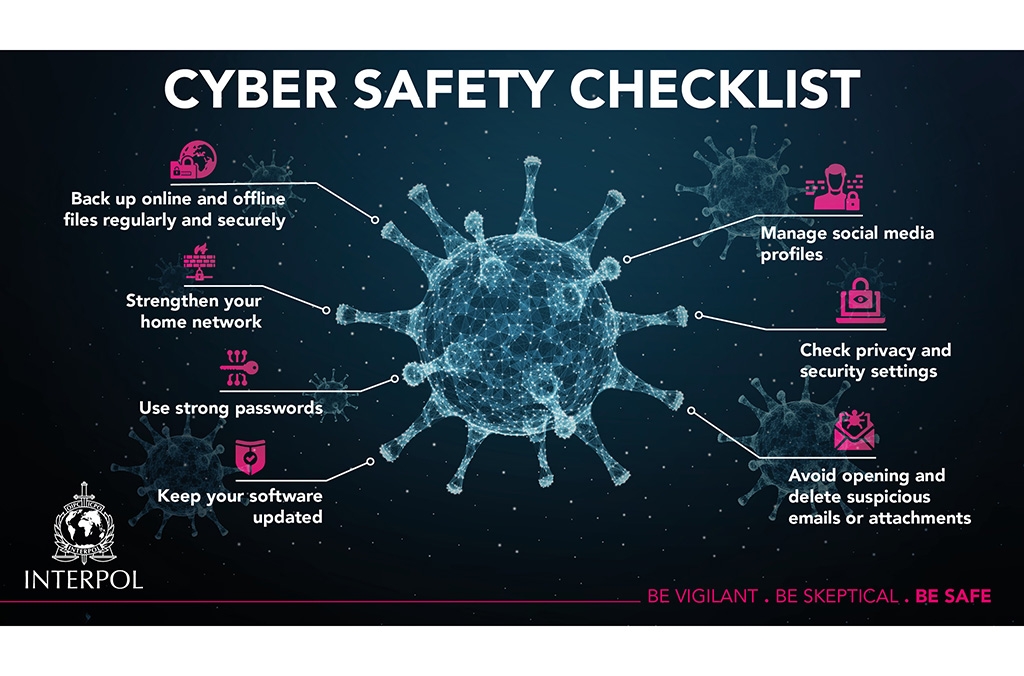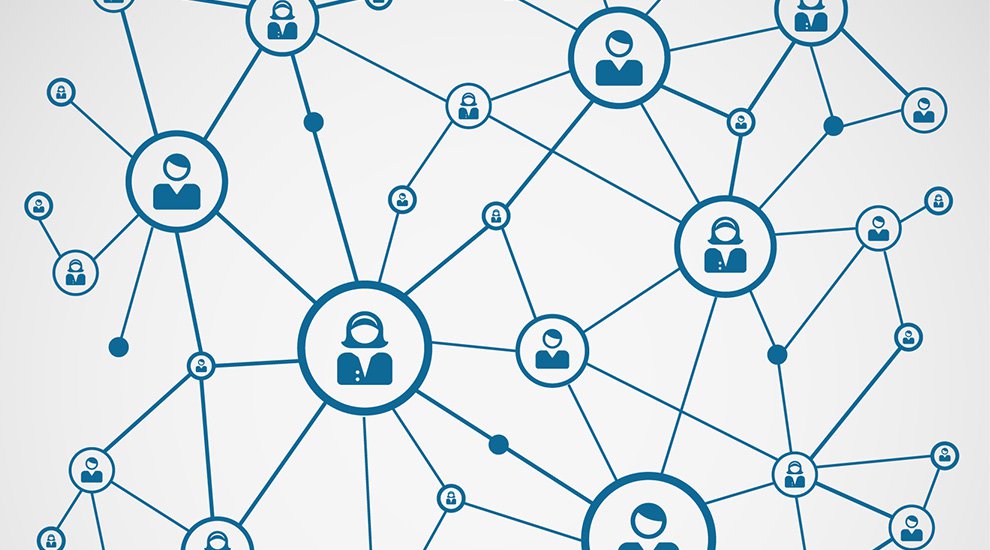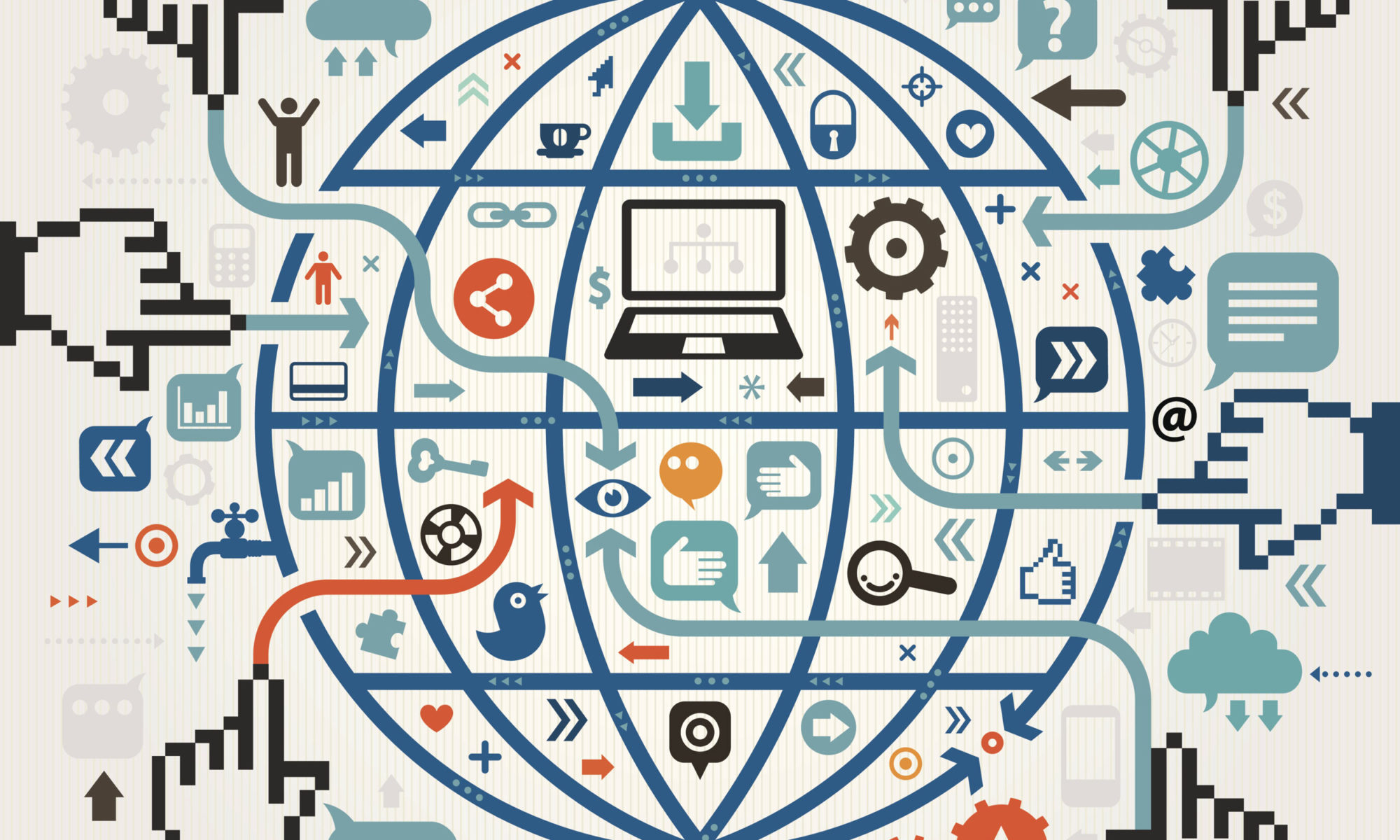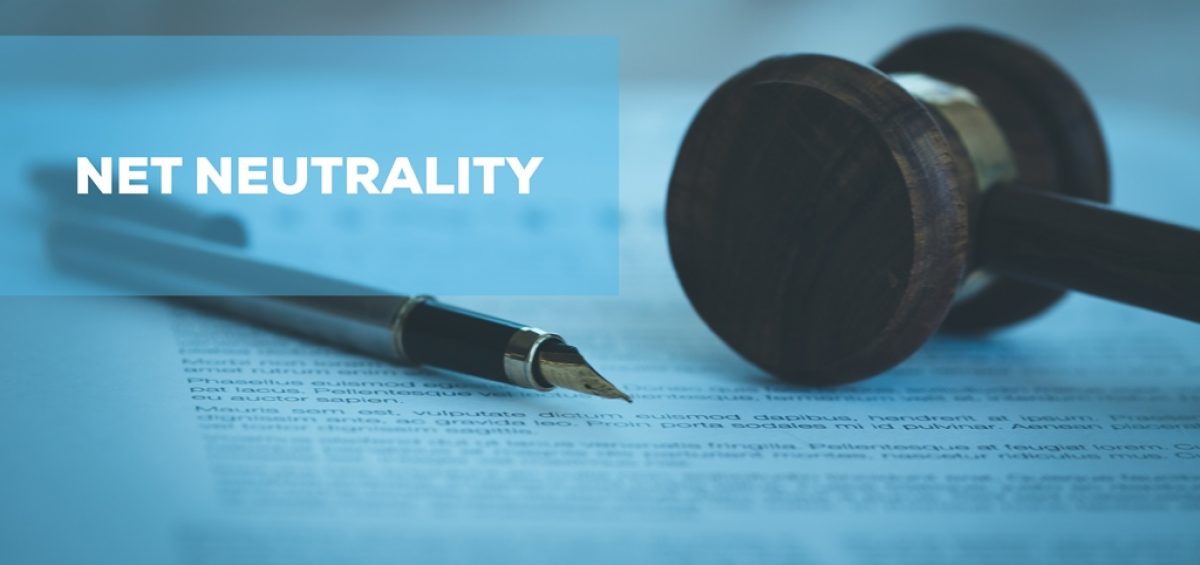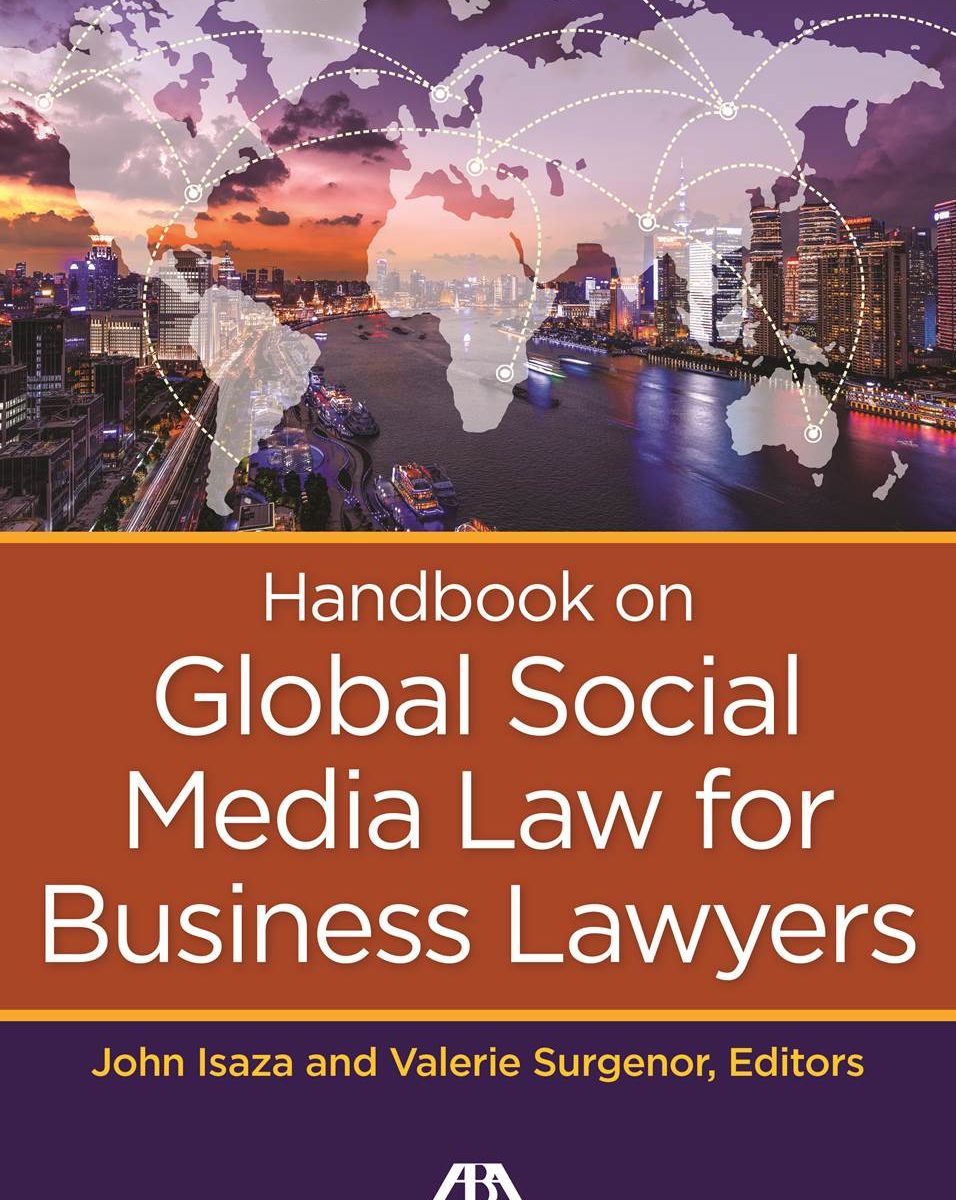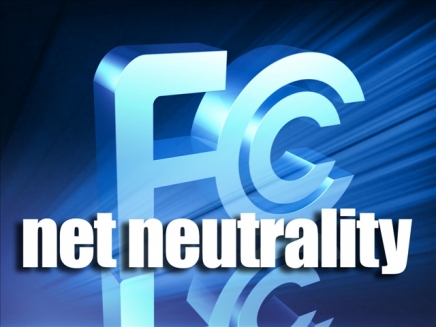What an interesting play on words. According to the Merriam-Webster dictionary, “inter” is a verb that means “to deposit (a dead body) in the earth or in a tomb.”
Earlier this week, the Chairman of the U.S. Federal Communications Commission (FCC) outlined plans to bury the Internet rules promulgated under the Obama administration that required providers of Internet services to treat all web traffic equally. Those rules, among other things, limit the ability of ISPs to favor content or customers, to block or slow down the online services they provide. Under the proposed changes, ISPs (wired and wireless) would be allowed to offer web-based services at different speeds and differing quality of service. In addition, they could enable more favorable speed or quality, or both, for websites that paid a fee – as long as that relationship was disclosed.
Over the years, a lively and heated debate over the nature and extent of regulation needed to protect consumers without stifling innovation has continued. Proponents of eliminating the rules claim that allowing the market to create different financial and performance models will spur investment and the development of technology, while critics argue that consumer prices would increase and so would barriers to entry and start-up costs for new companies. Critics point to the airline industry (where the FCC net neutrality rules have never been applicable) as an example of the potential for harm – one U.S. air carrier provides easy access to one online video service which has paid the airline for such priority status, while others are not enabled with the same speed or quality.
Under the previous administration, the Internet and ISPs (both wired and wireless) were treated as utilities, virtually excluding them from regulatory oversight by the Federal Trade Commission (FTC), whose fact-based, case-by-case, analytical approach to regulation is generally perceived as more suitable (and friendly) for emerging technology and evolving markets. Based on Chairman Ajit Pai’s remarks, in another reversal of the prior administration’s approach, it appears the FCC is now willing to share oversight with the FTC and have the FTC be responsible for monitoring ISP disclosures, determining if consumers are being harmed and determining whether these firms are engaging in anti-competitive or unfair trade practices. The FCC indicated it plans to enact the new rules early in the new year. Stay tuned.
If you have any questions or want more information about this or any Legal Bytes’ post, don’t hesitate to contact me, Joe Rosenbaum, a New York based partner at Rimon, P.C., or any of the other lawyers at Rimon with whom you regularly work.



